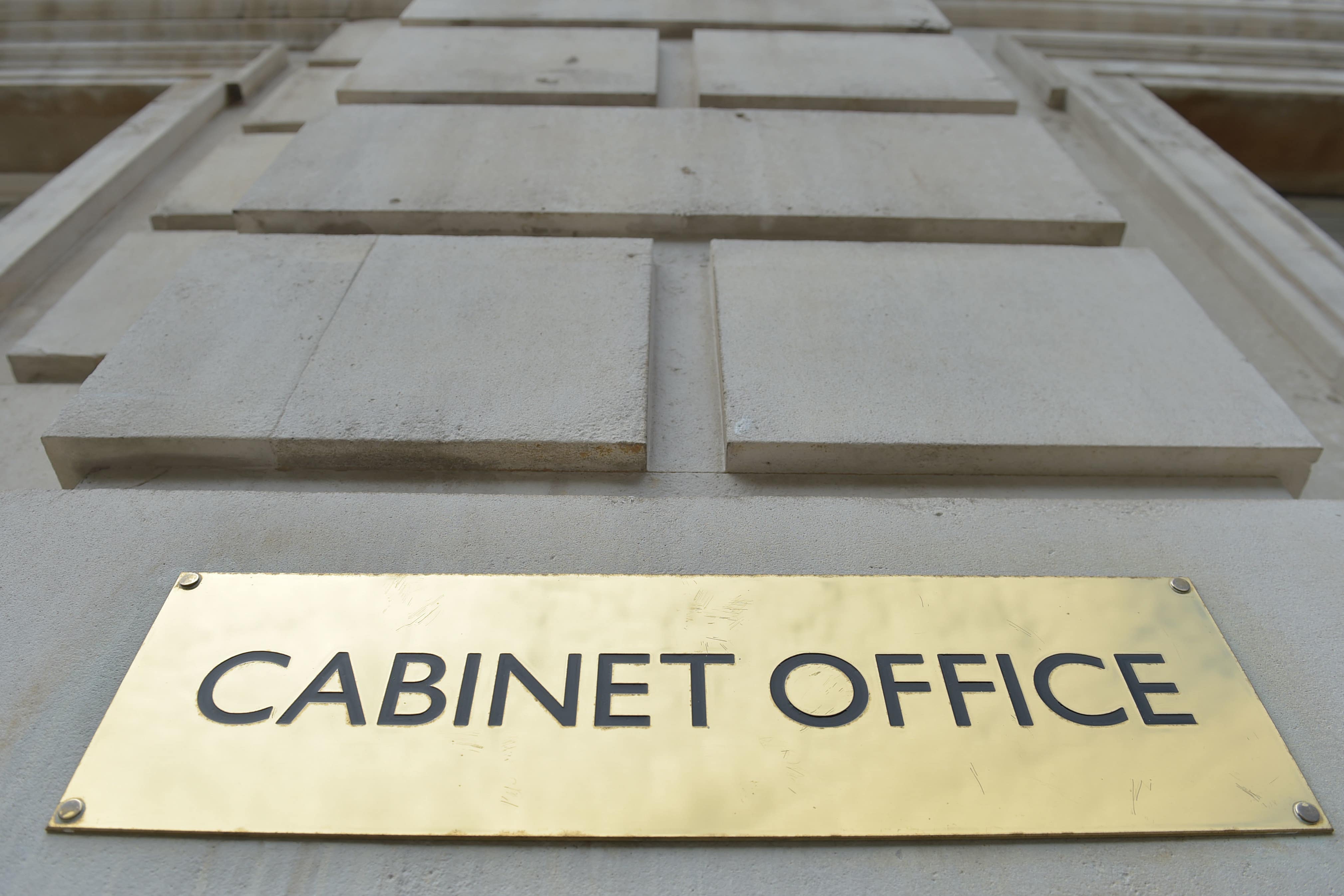Shake-up of Government’s crisis response needed, Covid inquiry evidence suggests
The Cabinet Office is failing to consistently improve its handling of crises, according to the review.

Your support helps us to tell the story
From reproductive rights to climate change to Big Tech, The Independent is on the ground when the story is developing. Whether it's investigating the financials of Elon Musk's pro-Trump PAC or producing our latest documentary, 'The A Word', which shines a light on the American women fighting for reproductive rights, we know how important it is to parse out the facts from the messaging.
At such a critical moment in US history, we need reporters on the ground. Your donation allows us to keep sending journalists to speak to both sides of the story.
The Independent is trusted by Americans across the entire political spectrum. And unlike many other quality news outlets, we choose not to lock Americans out of our reporting and analysis with paywalls. We believe quality journalism should be available to everyone, paid for by those who can afford it.
Your support makes all the difference.A major shake-up of the way the Government responds to crises is needed as the current approach is “haphazard”, according to a document published by the UK Covid-19 Inquiry.
The Cabinet Office is failing to consistently improve its handling of crises, suggested the review, dated February 2022 and carried out by Home Office permanent secretary Matthew Rycroft.
The nature of crises is changing in modern society and becoming complicated by cyber and disinformation campaigns, requiring higher-quality, faster-paced central decision-making, according to the document.
The Crisis Capability Review recommended establishing a Cabinet Office crisis team responsible for capturing lessons and scaling up central government response in the face of a major crisis.
The review said: “Lesson-learning is typical of the less urgent, but still important, capability building activity which is consistently deprioritised or crowded out entirely under the current ‘self-help’ Cabinet Office model. As such, the Cabinet Office is failing to consistently identify, learn and improve on its responds to crises in any systematic way.”
To consistently succeed in this challenging future environment, the way we co-ordinate and lead the response to major crises from the centre of government now requires a significant overhaul
The current approach to crisis is organised under a “lead government department” model, whereby a single department spearheads the response where possible.
But there is a lack of clarity around the accountability and responsibilities of ministers and senior officials, the document said.
For novel forms of crisis that do not sit neatly within a single department, the approach can stall, with departments sometimes reluctant to take responsibility and the Cabinet Office sometimes reluctant to relinquish it, according to the review.
“To consistently succeed in this challenging future environment, the way we co-ordinate and lead the response to major crises from the centre of government now requires a significant overhaul,” the review said.
Frequently, there is “ambiguity” and “friction” in the process of appointing a director general-level official to take the lead in a crisis, the report said.
“It invariably takes too long for an individual, either from the Cabinet Office or a (lead government department), to become established as the lead – and the extent of their authorities and responsibilities often remains unclear,” the review said.
The proposed crisis team should reset expectations around the division of responsibilities between the Cabinet Office and departments, it recommended.
A Government spokesperson said: “Throughout the pandemic the Government acted to save lives and livelihoods, prevent the NHS being overwhelmed and deliver a world-leading vaccine rollout which protected the nation.
“We have always said there are lessons to be learnt from the pandemic and we are committed to learning from the Covid inquiry’s findings which will play a key role in informing the Government’s planning and preparations for the future.”
The review was among documents published by the UK’s official inquiry into the pandemic on Monday ahead of a major week of hearings.
On Wednesday, the inquiry is expected hear from former prime minister Boris Johnson, who is due to face two days of questioning over his handling of Covid.